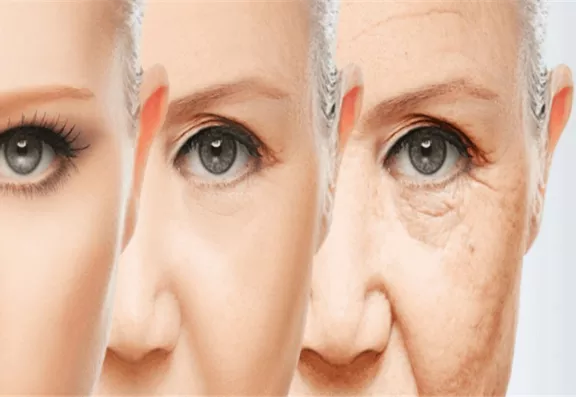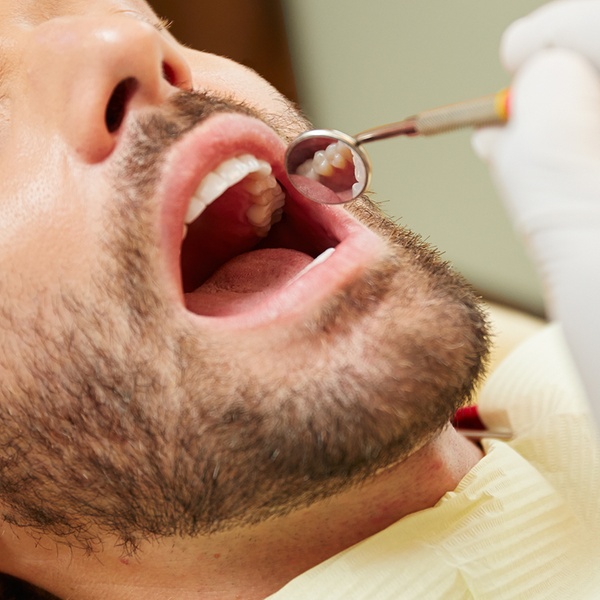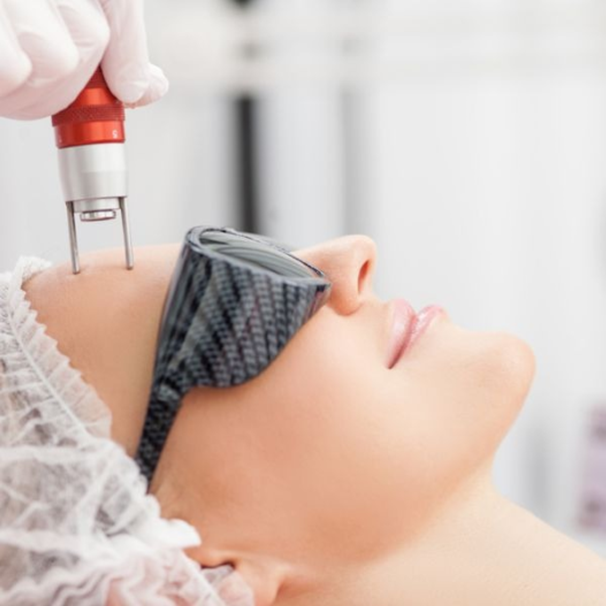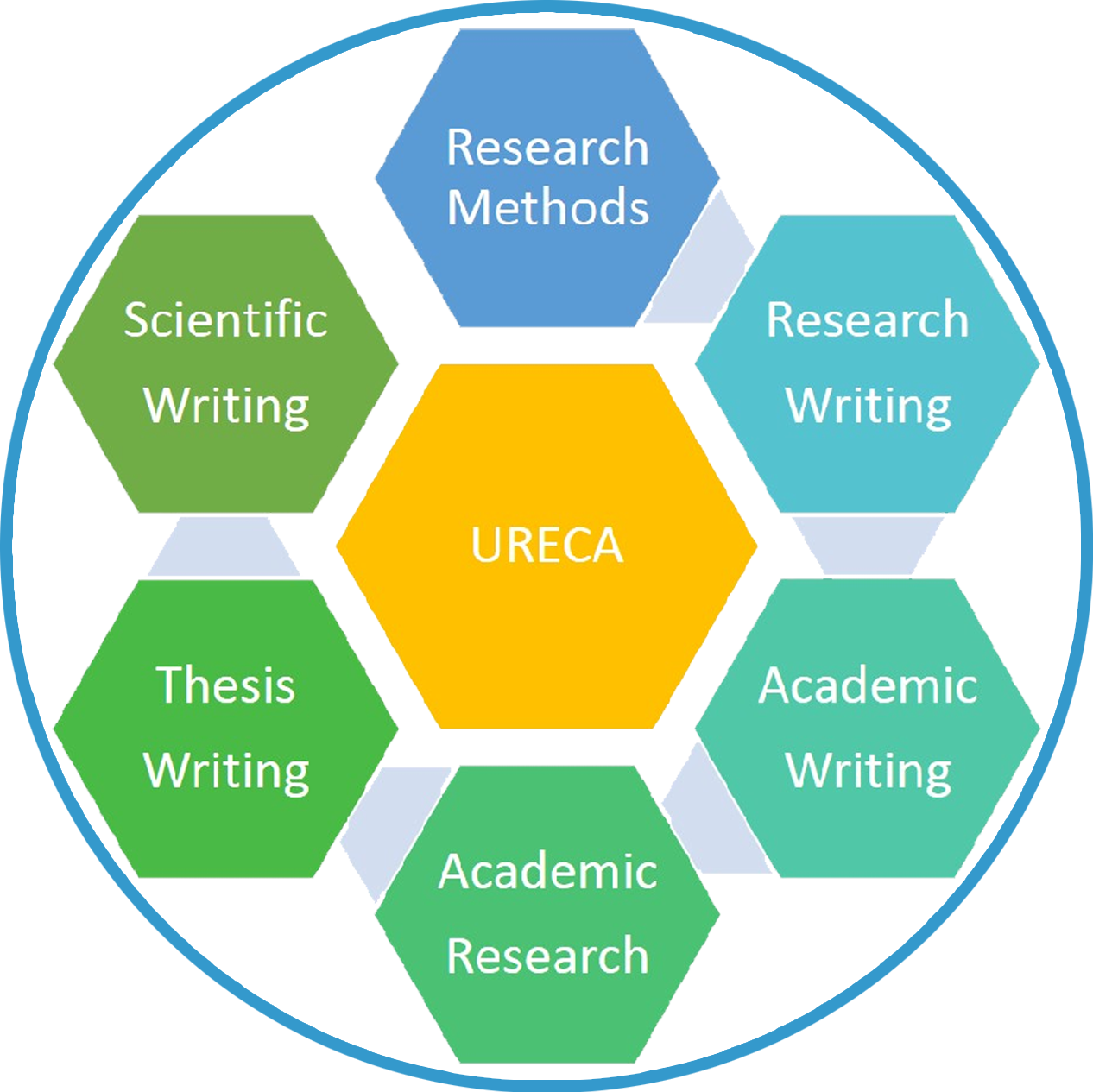

MSc Clinical Aesthetic Non-Surgical Interventions
The principal aims of the MSc Specialist Practice of Clinical Aesthetic Non-Surgical Interventions is to:
- Acquire coherent and detailed knowledge at the forefront of specialist practice of clinical aesthetics non-surgical intervention techniques, together with an understanding of the principles and theories which underpin safe practice
- Integrate prior knowledge and understanding of specialist practice of clinical aesthetics non-surgical intervention to solve a range of problems
- Develop an enhanced critical and evaluative awareness of current issues within specialist practice of clinical aesthetics non-surgical intervention
- Develop high levels of proficiency in the application of treatment planning and management of specialist practice of clinical aesthetics non-surgical intervention
- Develop the ability to take responsibility for the extension of your own learning and to exercise independent judgement in the investigation, analysis and evaluation of non-surgical intervention topics
- Develop reflective practice as well as encouraging opportunities for research and further postgraduate development.
The programme enables you to advance your skills through reflective practice and is structured to enable it to be studied alongside your current clinical practice, thereby enabling you to seamlessly link theory and practice with personal reflection.
Course Outline
C: Core / O: Optional

This module is designed to develop an evidence-based approach to patient selection as well as instil the practical skills required to recognise and provide advanced-level treatment modalities and risk assessment. The aim is to highlight potential complications in treatment and for you to be able to develop risk assessment strategies to avoid or minimise these complications.It also develops an understanding of the requirements and skills essential for the safe clinical practice and application of advanced treatment modalities and the challenge of long-term maintenance issues or complications. As it is not possible to prevent all complications, this module also considers essential management strategies and the ethical issues of informed consent and management of patient expectations. The module develops skills in communication, Organisation and planning, problem solving, treatment planning, risk assessment, recognising ethical responsibility, and securing consent.

This module encourages students to critically reflect on their professional practice, both clinical and managerial, in order to explore questions which are fundamental to their professional development and eventual dissertation topic. It requires them to critically evaluate the value of their own knowledge base and to recognise and clarify the important connections between what they already know and what they intend to learn. It encourages information literacy, using contemporary and seminal sources in order to compile a critical evaluation of practice and to allow Them to develop strategies to enhance practice.

This module gives the fundamental understanding of the psychological and emotional wellbeing of patients who have elected to access non-surgical interventions for facial aesthetics. The aim of the module is to introduce students to the significant aspects of emotional and psychological wellbeing of patients, developing mutual trust, respect and empathy. They will learn to identify patients' fears, comfort and anxieties to develop a flexible approach to the specific needs of each patient to manage this process. Screening processes will be developed in order to recognise signs and symptoms when recommending patients for treatment, thus enabling students to have greater awareness of the way that psychological and emotional problems may influence a person's thoughts, behaviours and expectations and identify these at the point of consultation.

This module is designed to develop an evidence-based approach to patient selection as well as the knowledge and understanding of the theory and practice required to recognise and provide advanced level non-surgical interventions for facial aesthetics treatment modalities and risk assessment.The aim of this module is to highlight potential non-surgical interventions for facial aesthetics complications in treatment and for you to be able to develop risk assessment strategies to avoid or minimise complications in periodontal therapy. The module develops knowledge and understanding of the requirements essential to the safe clinical practice and application of advanced non-surgical interventions for facial aesthetics treatment modalities. It also considers essential management strategies and the ethical issues of informed consent and management of patient expectations.

This module concentrates on skin rejuvenation treatments. It has been designed to allow you to explore evidence-based theory and to develop specific advanced level skills in skin rejuvenation treatment modalities in order to deliver enhanced facial aesthetics using laser and intense pulse light, medical needling, and mesotherapy and foundation injectable procedures. The aim of this module is to equip you with the knowledge and understanding of different skin conditions which benefit from skin rejuvenation treatments. The practice of predominately elective treatments is complex; this module will give you insight into identifying and dealing with challenging complications, identifying adverse effects and how to manage them for each patient.

This module focuses on skin rejuvenation treatments and has been designed to explore theory as well as develop specific skills to provide advanced, specialist skin rejuvenation treatment modalities for enhanced facial aesthetics. It includes the use of chemical peels, CO2 lasers, skin resurfacing/redermalisation, facial threading, platelet rich plasma (PRP) and advanced injectable procedures. The module also delivers the communication skills required when identifying the needs of each patient, and organisation and treatment planning, problem solving and risk assessment. It will provide the opportunity for development of enhanced skills allowing you to build confidence in treatment delivery.

The aim of this module is to help you to develop research skills in order to identify your dissertation topic, make a detailed proposal and plan your research. It will develop the academic skills necessary for your study at Masters level. This comprehensive module covers clinical statistics, evidence-based practice, critical appraisal, measurement and research design, and explores their specific application in medical research and treatment. You will learn how to formulate realistic research objectives and an appropriate conceptual/analytical framework for your research. You will also learn how to identify, collate and critically review relevant evidence from the literature, and how to make informed decisions about which research philosophies, strategies and methods are applicable to your research.

This taught module provides an opportunity to undertake an extended and substantial piece of research. It allows you to synthesise the academic knowledge acquired from prior postgraduate and experiential learning to produce an evaluative and critical discussion of a specialist dental topic directly related to your programme of study. It aims to help you to develop your abilities in identifying a problem, establishing its significance, formulating a hypothesis/proposition, designing a means of testing the hypothesis and evaluating the results.
Apply for this Course
Apply NowRequest a Virtual Meeting
In relation to our course in 'MSc Clinical Aesthetic Non-Surgical Interventions' to discuss your learning requirements and our flexible fees.
Request NowAdmission Criteria
Normally, at least two years of demonstrable postgraduate clinical experience in clinical practice. For the MSc in Clinical Aesthetic Non-Surgical Interventions, entry will also be open to doctors, NMC registered nurses (prescribing), and prescribing pharmacists. Current registration with the UK General Dental Council (GDC), General Medical Council (GMC), Nursing & Midwifery Council (NMC), General Pharmaceutical Council (GPhC) or equivalents in another country. Evidence of appropriate professional liability insurance or medico-legal indemnity insurance, as may be required for the designated clinical setting, at an appropriate level.



